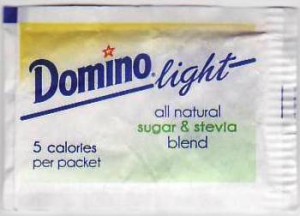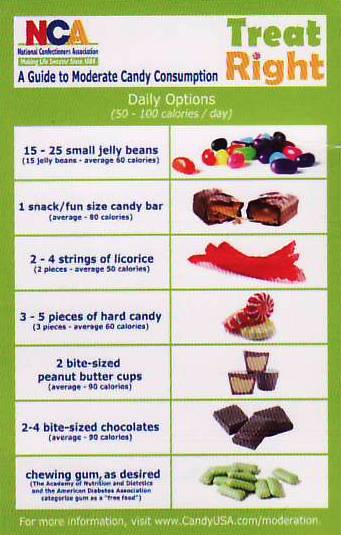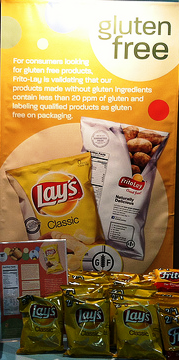Caroline Scott-Thomas of FoodNavigator.com poses a question to which I must confess I had never given a thought: What, exactly, is candy?
Why would anyone care? The Streamlined Sales Tax Governing Board cares a lot (and so do candy companies). The Streamlined Board is devoted to helping states figure out how to impose simpler and more uniform taxes. It is asking for comments on its current definition, which says that candy is:
A preparation of sugar, honey, or other natural or artificial sweeteners in combination with chocolate, fruits, nuts or other ingredients or flavorings in the form of bars, drops, or pieces. ‘Candy’ shall not include any preparation containing flour and shall require no refrigeration.
The point of this definition is to clearly distinguish candy from cookies. Cookies contain flour. Candies, by this definition, do not.
Here is where things get deliciously Talmudic. The Tax Board wants to modify the definition to explain what it means by “flour”:
For purposes of the definition of candy, “flour” does not include a product that can be called “flour” under the Food and Drug Administration’s food labeling standards if the product is not grain based. If only the word “flour” is listed on the product label, it is assumed that the product contains grain based flour. However, if the word “flour” on the label is preceded by a modifier used to describe the product the “flour” was made from and the modifier is not a type of grain, then the product is not considered to contain “flour” for purposes of the definition of candy. For example, flour substitutes or products that are not made from grain but which are finely milled so that they meet the Food and Drug Administration’s definition of “flour,” such as “peanut flour” or “cocoa flour” are not “flour” for purposes of this definition.
Isn’t this fun? Scott-Thomas points out that under this flour rule, Reese’s Peanut Butter Cups and Three Musketeers are considered candy and taxable, but Kit Kat and Milky Way, which contain flour, would be cookies and exempt. Apparently, the Tax Board does not view this distinction as arbitrary.
If you think it is a loophole, and that Kit Kat and Milky Way are getting off tax free, or you have other thoughts about how candy tax policies should or should not work, you are welcome to submit comments by September 27. The Streamlined Tax Board has posted instructions about how to file comments on its website.






